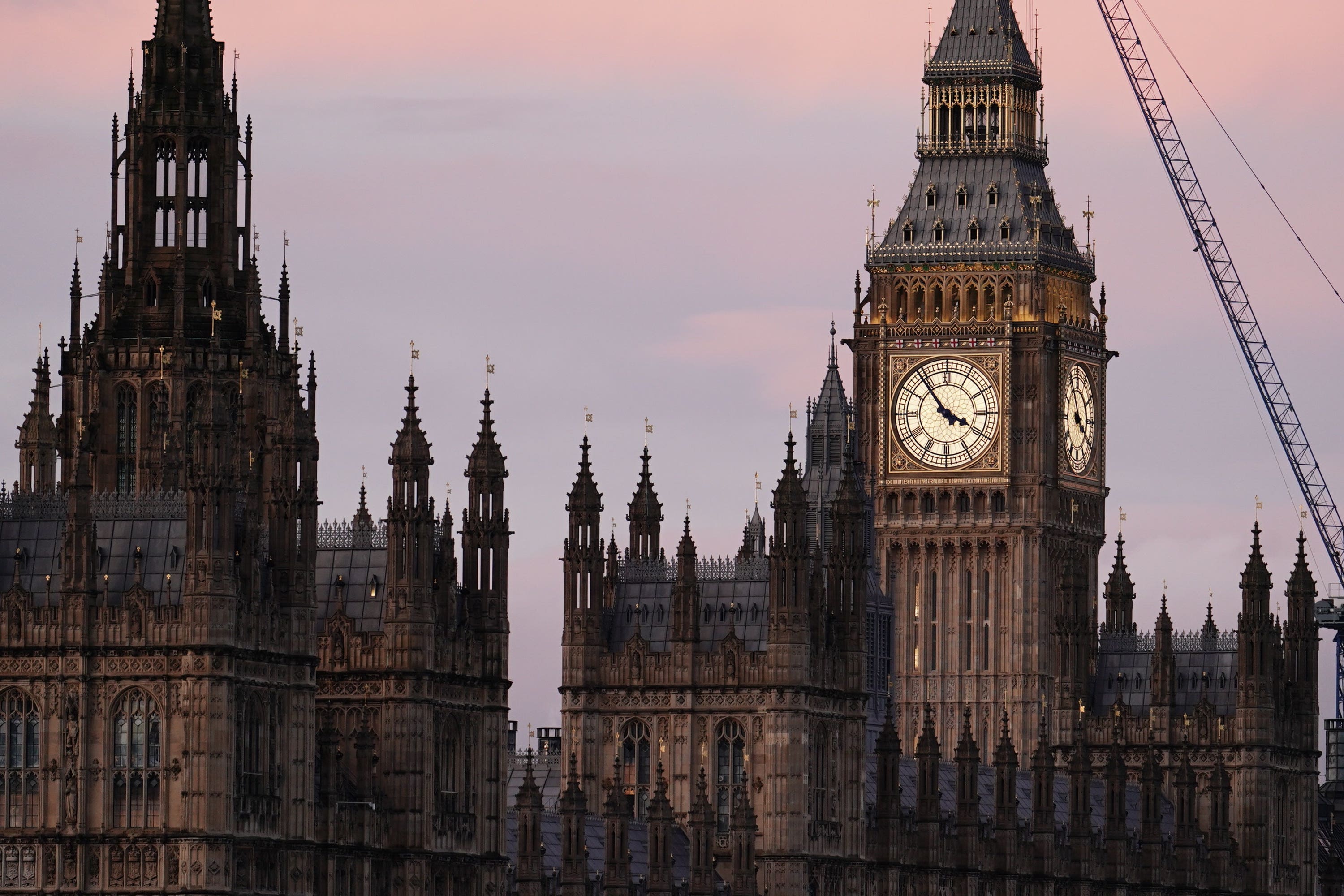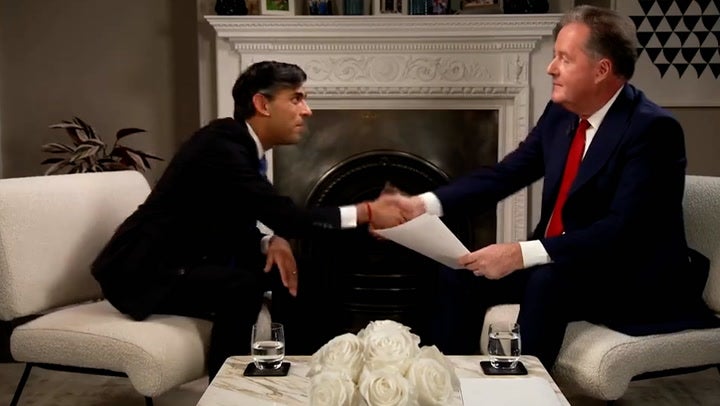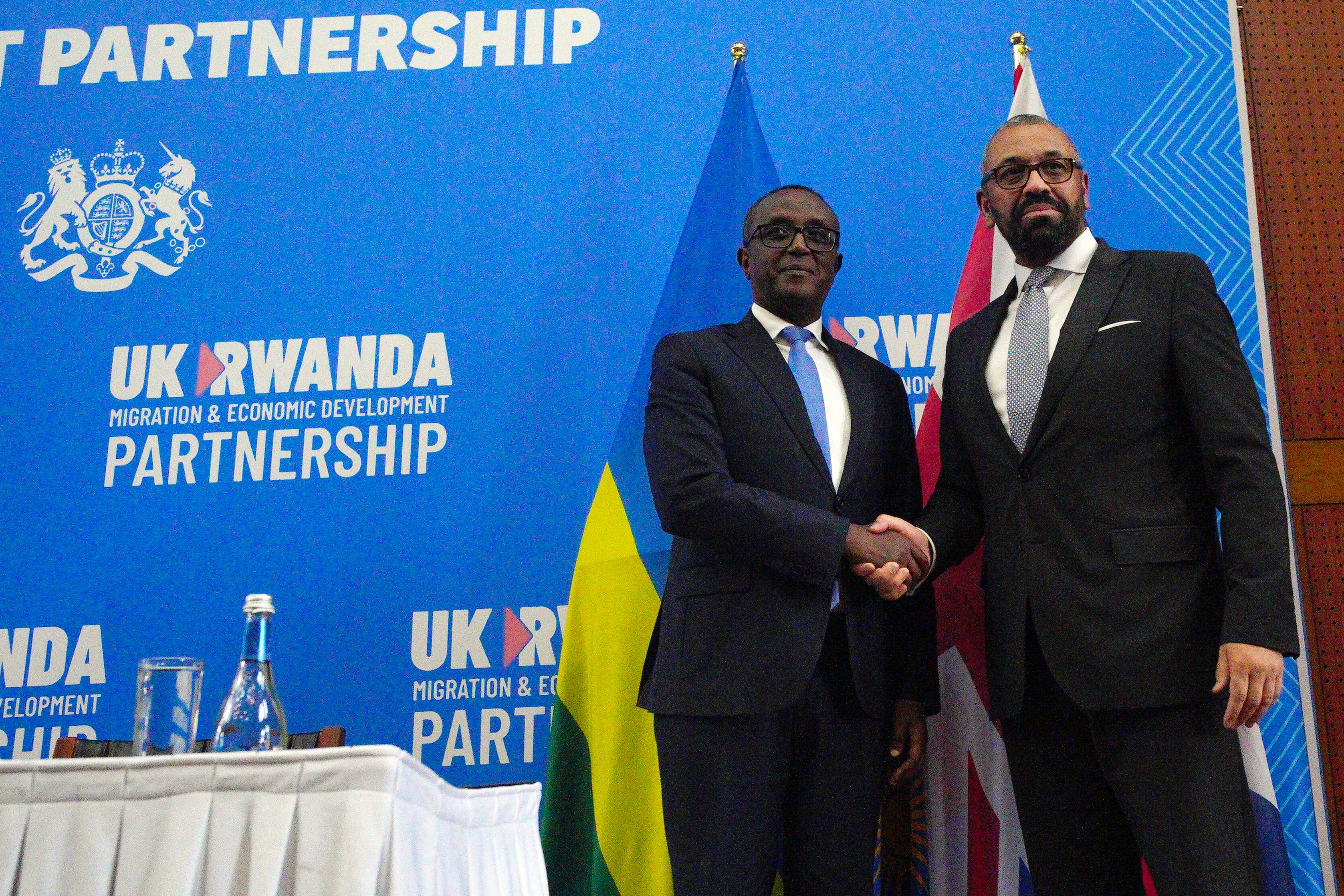The 4 reasons why the Rwanda Bill is being fought by Lords
The government’s flagship ‘stop the boats’ bill faces intense scrutiny for several reasons
Your support helps us to tell the story
From reproductive rights to climate change to Big Tech, The Independent is on the ground when the story is developing. Whether it's investigating the financials of Elon Musk's pro-Trump PAC or producing our latest documentary, 'The A Word', which shines a light on the American women fighting for reproductive rights, we know how important it is to parse out the facts from the messaging.
At such a critical moment in US history, we need reporters on the ground. Your donation allows us to keep sending journalists to speak to both sides of the story.
The Independent is trusted by Americans across the entire political spectrum. And unlike many other quality news outlets, we choose not to lock Americans out of our reporting and analysis with paywalls. We believe quality journalism should be available to everyone, paid for by those who can afford it.
Your support makes all the difference.The controversial Rwanda Bill has suffered setbacks in the House of Lords as peers went in favour of all ten votes on changes to the government’s plan.
Rishi Sunak’s flagship immigration bill would allow the UK to legally deport some asylum seekers to Rwanda, if they arrive via illegal routes.
The bill has suffered several setbacks before arriving in the House of Lords for its report stage, where peers are given the chance to make changes. Both the European Court of Human Rights (ECHR) and UK Supreme Court (UKSC) have stood against the plans in the past.

Labour leader Sir Keir Starmer has indicated that he would seek to dismantle the legislation if elected. Speaking last year he said: “It’s hugely expensive. It’s a tiny number of individuals who go to Rwanda. And the real problem is at source.”
Members of the House voted to make several amendments to the bill, many of which aim to ensure it is compliant with international and UK laws.
Despite the significant opposition in the Lords, the bill is still likely to pass its final stage in March. This could see Rwanda flights take off that very month, or possibly April.
Here’s the four reasons why the Lords are pushing back against the Rwanda Bill:
It calls Rwanda a ‘safe country’ – despite the facts
In November 2023, the UKSC found that the government’s Rwanda plan was unlawful. This is because refugees deported to the country would be placed at severe risk of ‘refoulement’ – making it an unsafe country for them.
Refoulement is when a person is sent to a country where they would face risks to their life or severe ill-treatment, or are likely to be sent on to a country where they will face such conditions.
Following this ruling, Mr Sunak and home secretary James Cleverly signed a treaty with Rwanda in December 2023. The ‘Rwanda Treaty’ addresses the concerns of the UKSC, and was accompanied by emergency legislation – the Safety of Rwanda Bill – to speed up the government’s plans.

“The Bill says that the facts are not convenient so we will change them by legislation,” said Labour peer Lord Coaker. He notes that the Bill attempts to push through plans regardless of whether the Rwanda Treaty protections are met.
His amendment, voted in at 274-102, removed the words ‘[Rwanda] is a safe country’ from the bill and replaced them with ‘will be a safe country’ – only when arrangements in the Rwanda Treaty have been put into practice.
Further successful amendments enforce the need for a committee to continually monitor whether the treaty is being adhered to, as well as to revoke Rwanda’s status as a safe country in light of evidence to the contrary.
“If Rwanda is safe, as the government would have us declare, it has nothing to fear from such scrutiny, yet we are invited to adopt a fiction,” said crossbench peer Lord Anderson, adding that parts of the bill “takes us for fools”.
It could undermine the UK’s legal system
As the name might suggest, the UK Supreme Court is not an insignificant institution. Yet the Rwanda Bill seeks to disallow it, or any UK court, from challenging the government’s decision to send asylum seekers to Rwanda on the grounds it is an unsafe country.
This would stand even in light of overwhelming evidence to the contrary. The courts would be unable to even review government decisions on the grounds of Rwanda’s safety.

Legal expert Professor Mark Elliott of the University of Cambridge writes that the bill “undermines the judicial function and attempts to remove from the courts’ jurisdiction questions about the legality of government decisions.”
In the UK, it is the constitutional role of the courts to be able to determine whether a government’s policy is lawful or unlawful.
In light of this, the first Lords amendment to be voted through, at 274 to 172, comes near the very beginning of the bill, stating that everything within it must be in “full compliance with domestic and international law”.
It might break international law
It’s not just domestic law that the government’s Rwanda Bill calls into question. The Bill also risks violating international law, including the European Convention on Human Rights.
The government even goes so far as to explicitly disapply, or ignore, provisions of the Human Rights Act, including the UK’s international obligation to comply with it at all.
The bill also explicitly overrides any obligations under the UN Refugee Convention, while the UNCHR says it is “not compatible with international refugee law”.
Lord Coaker argues the government’s actions are not just wrong, but hypocritical: “In all the international institutions of which we are a member, we often stand up and say that international law is important and should be applied and adhered to.”
This disregard for international law invites a serious clash with the ECHR. Speaking in December, Prime Minister Rishi Sunak said: “I won’t allow a foreign court to block us from flights taking off.
“My patience is worn thin, the British people’s patience is worn thin.”
It gives no protections to Afghan veterans
Another issue that arises in the Rwanda Bill is the lack of protection given to international citizens who have supported the UK’s armed forces overseas.
The call to help them came after several reports by The Independent which highlighted the plight of Afghan heroes facing deportation to Rwanda after feeling forced to take unsafe routes to the UK.
A new clause proposed by several crossbench peers, was voted through which makes people of any nationality who supported the armed forces overseas in an “exposed or meaningful manner” ineligible for Rwanda deportation.
It would also exempt their family members from deportation.

Join our commenting forum
Join thought-provoking conversations, follow other Independent readers and see their replies
Comments